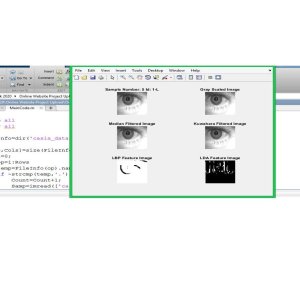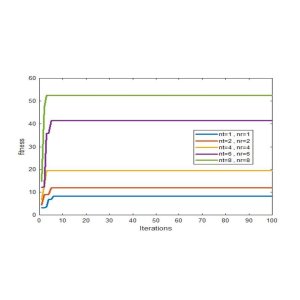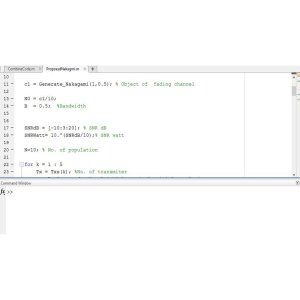Minimizing Routing Disruption in IP Networks Using Cross-Layer Approach
Problem Definition
Problem Description: The current solutions for protecting IP links in IP networks, such as independent model and Shared Risk Link Group (SRLG), lack accuracy in detecting the correlation between IP link failures. This leads to unreliable criteria for choosing backup paths, resulting in routing disruptions when failures occur. As a result, there is a need for a more effective approach to minimize routing disruption caused by IP link failures in order to ensure the reliability of network communication.
Proposed Work
The proposed work titled "Cross-Layer Approach for Minimizing Routing Disruption in IP Networks" aims to address the issue of unreliable backup path selection in IP networks. Current solutions such as independent models and Shared Risk Link Group (SRLG) do not accurately detect the correlation between IP link failures, leading to unreliable backup path choices. To mitigate this issue, a cross-layer approach is suggested, which quantifies the impact of IP link failures using a probabilistically correlated failure model. By introducing an algorithm along with the PCF model, multiple reliable paths are selected to protect each IP link. The proposed technique, tested on real ISP networks with optical and IP layer topologies, has proven to be more reliable and has successfully reduced routing disruption.
This research falls under the category of NS2 Based Thesis projects, specifically within the subcategory of Mobile Computing Thesis. The software used for this project includes NS2 for simulation and analysis purposes.
Application Area for Industry
This project on "Cross-Layer Approach for Minimizing Routing Disruption in IP Networks" can be beneficial for various industrial sectors that heavily rely on network communication, such as telecommunications, IT services, and cloud computing providers. These industries face challenges related to ensuring uninterrupted network connectivity and minimal routing disruptions to maintain service reliability for their customers. By implementing the proposed cross-layer approach, these sectors can improve the accuracy of backup path selection and reduce the impact of IP link failures on network communication. This can lead to increased network efficiency, reduced downtime, and improved overall service quality for customers.
The proposed solutions offered by this project can be applied across different industrial domains by enhancing the reliability and performance of IP networks.
Telecommunications companies can benefit from improved network resilience and reduced service outage incidents. IT service providers can offer more reliable and stable network connections to their clients, leading to higher customer satisfaction and retention. Cloud computing providers can ensure uninterrupted access to cloud services and applications for their users, thereby improving the overall user experience. Overall, the implementation of the proposed cross-layer approach can help industrial sectors overcome the challenges related to IP link failures and routing disruptions, leading to a more robust and reliable network infrastructure.
Application Area for Academics
The proposed project on "Cross-Layer Approach for Minimizing Routing Disruption in IP Networks" holds significant relevance for MTech and PHD students in conducting innovative research in the field of network communication and mobile computing. This project addresses the crucial issue of unreliable backup path selection in IP networks, a problem that current solutions such as independent models and Shared Risk Link Group (SRLG) fail to accurately detect. The proposed cross-layer approach, incorporating a probabilistically correlated failure model and an algorithm for selecting multiple reliable paths, has shown promising results in reducing routing disruption in real ISP networks. MTech and PHD students can utilize this project for their research by exploring the implementation of the proposed technique in different network scenarios, conducting simulations to analyze its effectiveness, and developing new algorithms to further enhance reliability. The code and literature provided in this project can serve as a valuable resource for students working on their dissertation, thesis, or research papers in the domain of mobile computing, specifically within the category of NS2 Based Thesis projects.
Moving forward, the future scope of this project includes extending the research to incorporate advanced technologies such as machine learning and artificial intelligence for even more sophisticated routing disruption mitigation strategies.
Keywords
IP link failures, backup path selection, routing disruption, network communication reliability, cross-layer approach, probabilistically correlated failure model, reliable paths, ISP networks, optical and IP layer topologies, NS2, simulation and analysis, Mobile Computing Thesis, NS2 Based Thesis projects
| Shipping Cost |
|
No reviews found!





















































No comments found for this product. Be the first to comment!